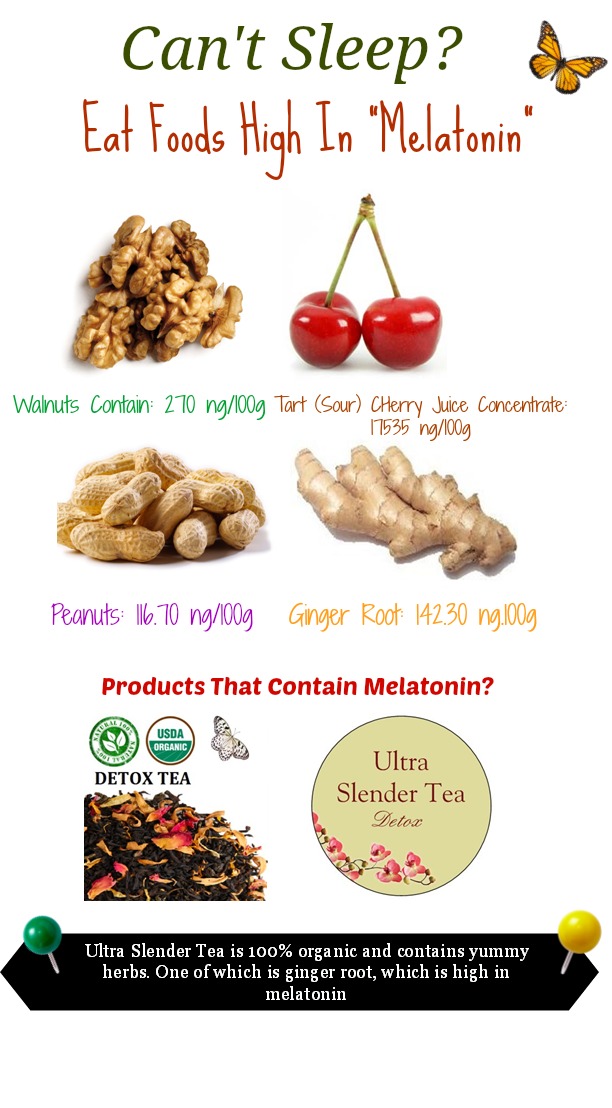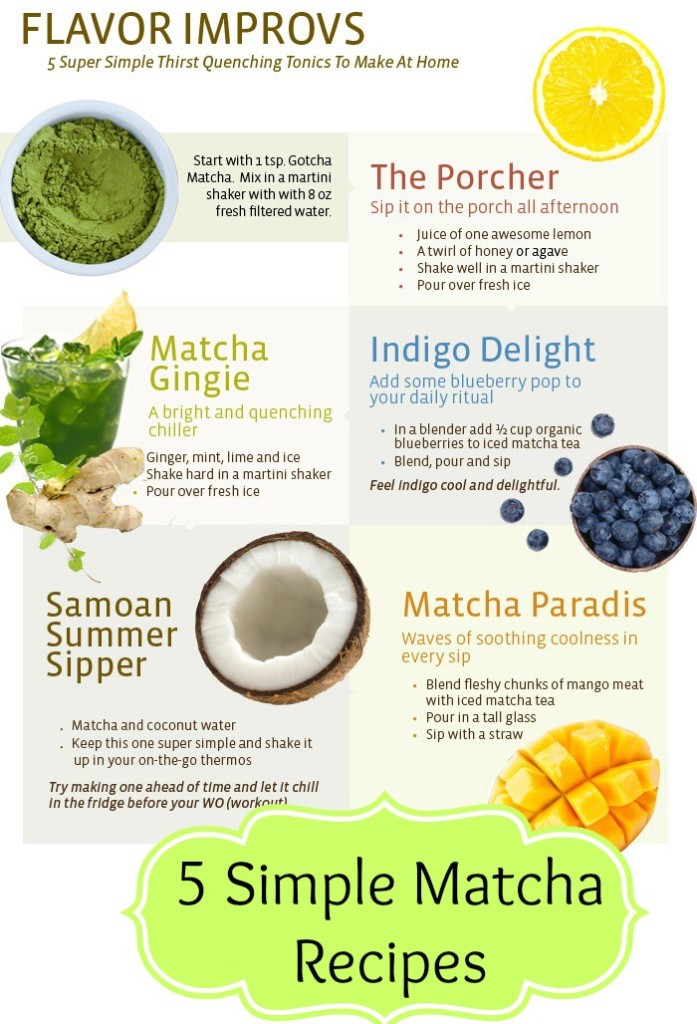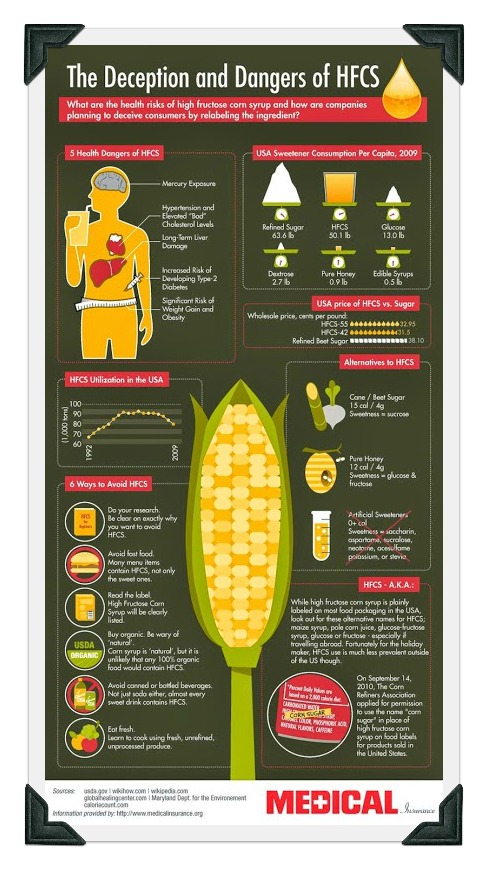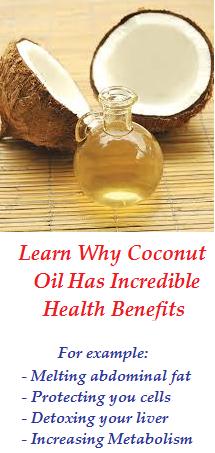Natural Solutions For Insomnia Suffers
Are you someone who takes hours to fall asleep? Or perhaps your so stressed from your job and busy life that you can’t shut your brain off? Maybe it’s to much out of your control and you suffer from severe insomnia or jet lag? Why not consider a natural alternative? For example, did you ever think that the foods in your diet could help aid in a better night’s sleep? This article focuses on four key foods high in melatonin, to help promote a better night’s sleep.
What Is Melatonin?
If you aren’t sure what melatonin is, let me explain. Melatonin is a natural hormone produced in our body by the pineal and pituitary glands at the base of the brain (the part that regulates sleep and wake cycles). Melatonin plays a key role in maintaining a healthy immune system and is great for sleep regulation. It is also a very powerful and unique antioxidant.
The natural production of this hormone is greatly affected by light. Usually, the levels of this hormone begin to rise in the mid-to late evening, remaining high for most of the night, and then decline in the early morning hours.
Can Foods High In Melatonin Help You Sleep?
Our bodies naturally produce melatonin at night when we sleep. In fact, according to the Society for Light Treatment and Biological Rhythms, approximately 5-25mcg of melatonin circulate in the blood stream of healthy young and middle aged men at night time. If we take an average of 15 mcg (which equals 15000 ng), this number can serve us as a comparison to foods with melatonin.
If our body produces approximately 15 000 ng of melatonin when we sleep, you can see how “tart (sour) cherry juice concentrate” could be very effective at helping us get to sleep (refer to infographic below). In fact, cherry juice concentrate has even more melatonin in it than our bodies produce at night! Therefore, if you want to have a good night’s sleep, you will only need as little as 100g before bed. I added a link to tart cherry juice concentrate below, if interested:

Melatonin Dosage
Generally, when you go to the store and get a natural supplement of “melatonin”, a single dosage can be way to strong and overbearing for what you actually need. Indeed, most melatonin supplements can be of animal origin (made of ground up pineal glands of cows or sheet) and synthetic (man-made).
Keep in mind the the daily dosages of synthetic melatonin vary greatly depending on the age and medical condition of a person and typically are in the range of 0.25-10 milligrams (the most common doses are 2-5 mg) to be take 20 to 120 minutes before bedtime.
Foods High In Melatonin Versus Supplements
What most people don’t realize is that even the smallest dose of synthetic melatonin is much higher than the amount normally circulating in one’s natural blood stream at night. Human blood contains between ~5-25 mcg of melatonin at night, so even the smallest dosage available synthetically (aka sold to you in the store) is 10-15 TIMES HIGHER than what is normally found in your blood!
It is important to remember that melatonin is a synthetic “hormone” and hormones can be quite scary. Even the smallest doses can offset in your body and result in unwanted implications such as abnormal health rhythms, dizziness, irritability, mood changes, itching, seizures, sleepwalking, stomach problems, vivid dreams, reduced sperm count.
Why not just consume foods high in melatonin? It makes complete sense. Scientific studies even show that higher doses of 10 mg/day (400 times higher than normal) do not produce better results than 0.25mg/day. This means that the most commonly used doses of 2-5 mg/day are then 80-200 times higher than melatonin normally found in the blood. YIKES!
This just shows you, how natural alternatives can sometimes be all you need. TART CHERRY ORGANIC JUICE CONC. is definitely something to consider or Ultra Slender Tea, as it is high in ginger – which contains lots of melatonin.






